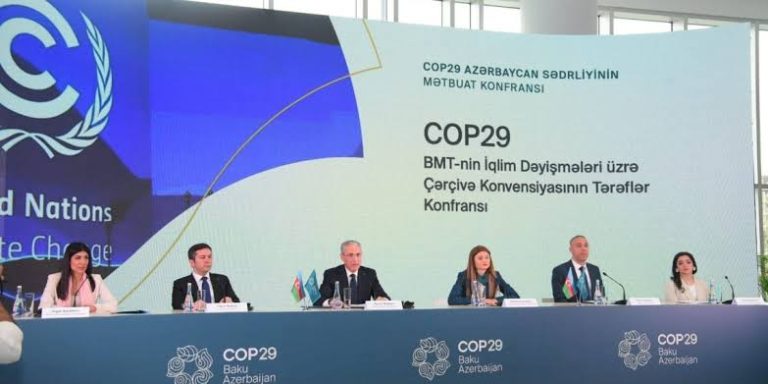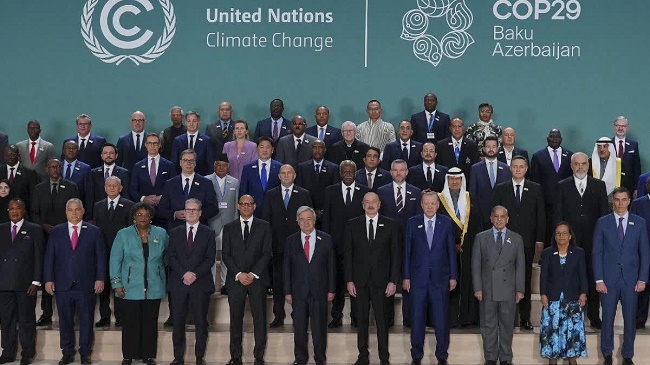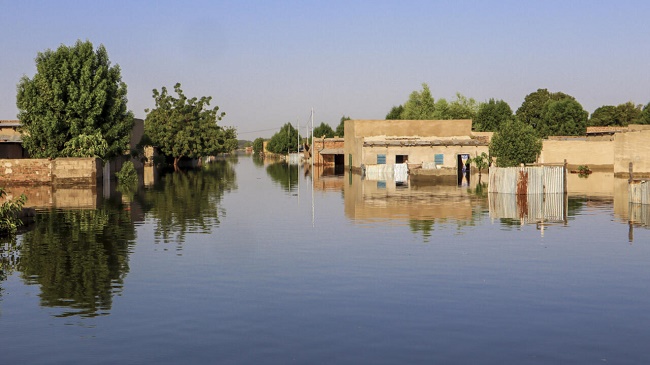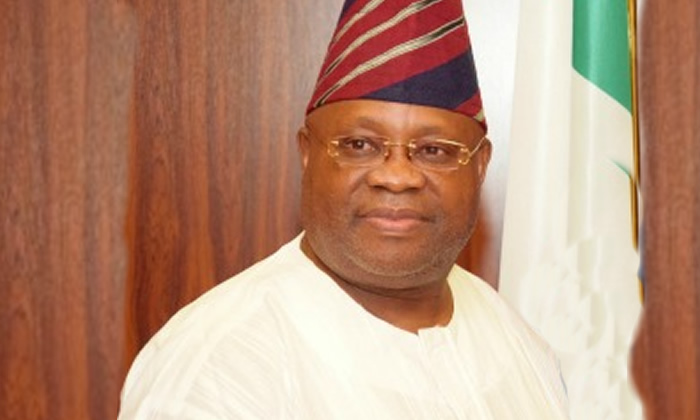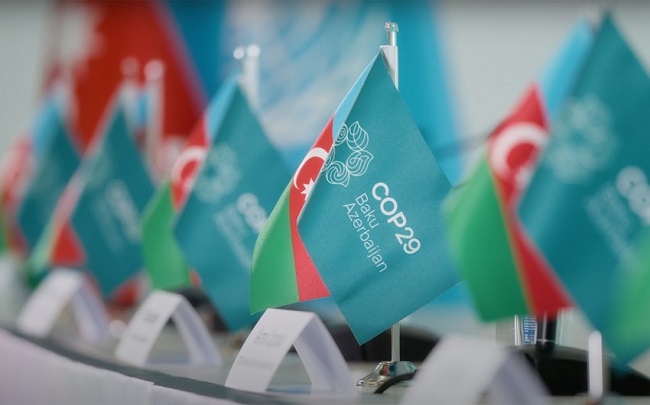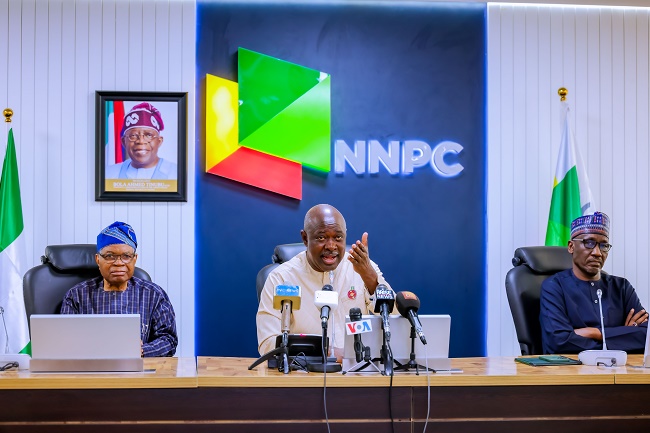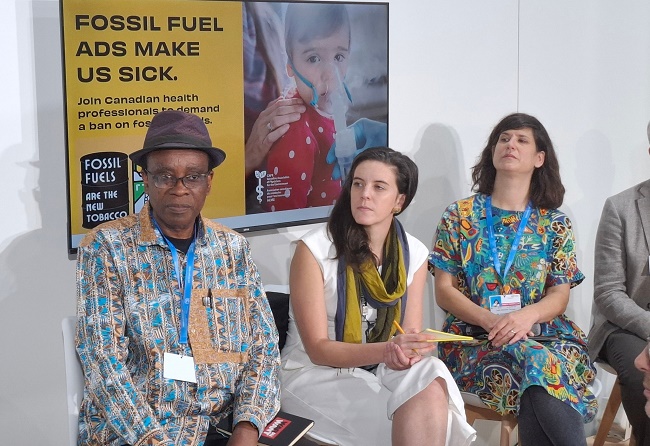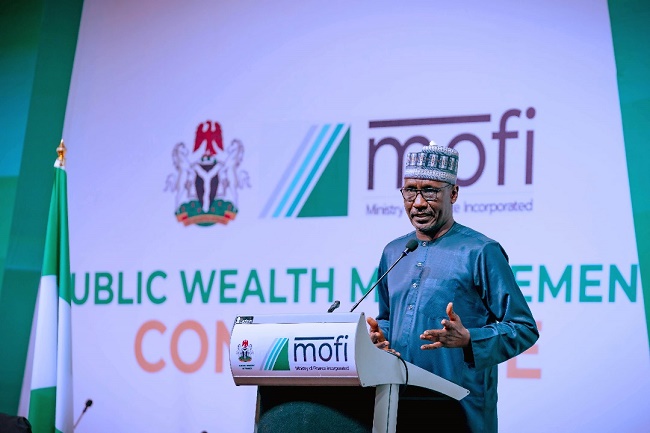Wealthy countries must more than double the amount of climate finance paid from taxpayers’ money annually by 2030, UN-appointed experts said.
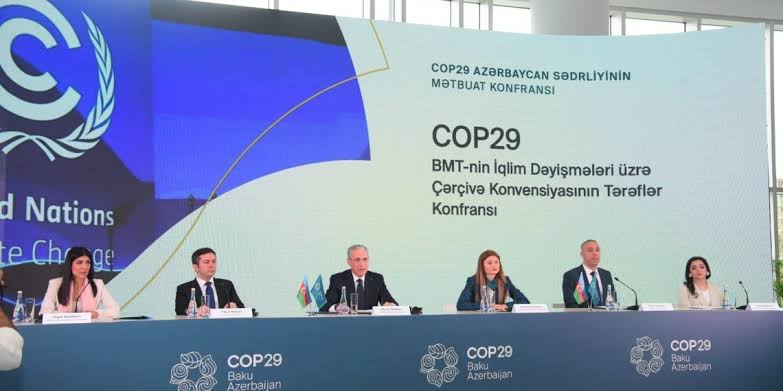
The Independent High-Level Expert Group on Climate Finance (IHLEGCF) assessed how much money would be needed to meet the 2015 Paris Agreement goals, which aim to limit dangerous global warming.
The new report was launched on Thursday, November 14, 2024, at the UN COP29 climate summit in Azerbaijan, as world leaders and delegates seek to iron out a new finance agreement.
Richer countries previously pledged $100 billion a year in private and public finance to help developing nations green their economies and adapt to inevitable climate change impacts, as part of efforts to secure the Paris Treaty.
But countries agreed that a new agreement on climate finance should be set before 2025.
As nations now hammer out those details at COP29, the IHLEGCF said a total of $1 trillion needs to be flowing into developing countries each year by 2030, bar China, to meet the Paris Agreement goals.
Within this, the group outlined the amount of public money richer governments will need to give developing countries.
At the moment, the analysis said, around $43 billion in this “bilateral public funding” is flowing yearly from developed to developing countries.
Still, according to the experts. this needs to increase to $80 billion to $100 billion by 2030 per year for the world to meet the Paris Agreement goals.
But that is not all, as bilateral funding is not the only public money that richer governments pay as climate finance.
They also contribute money to multilateral development banks – like the World Bank – which then direct climate finance to developing countries.
For example, the UK government has pledged to spend £11.6 billion ($14.7 billion) over five years to 2026, mostly through bilateral climate finance but also including money it pays to multilateral banks.
To meet their share of the $1 trillion, the IHLEGCF said that multilateral banks will need to triple financial flows to developing nations by 2030 – to around $250 billion to $300 billion.
Beyond this, the report said: “The large and rapid scale-up of finance to support a big investment push can only be achieved by harnessing all pools of finance.”
It said around half of the $1 trillion – so between $450 billion and $550 billion – should be flowing into developing countries from private investment.
Professor Nick Stern of the Grantham Research Institute on Climate Change and co-chairman of the high-level group said this is “what’s necessary to deliver on Paris.”
The report warned that any shortfall in investment before 2030 will place added pressure on the years that follow and therefore create “a steeper and potentially more costly path to climate stability.”
“The less the world achieves now, the more we will need to invest later,” the report noted.
“Delayed action means we will need to mobilise even larger sums in shorter timeframes to catch up on critical targets.
“Additionally, investment needs for adaptation and resilience, as well as loss and damage and restoration of nature, will rise sharply as climate and nature risks escalate.”
The high-level group, also co-chaired by Amar Bhattacharya and Vera Songwe, has been supporting the deliberations on the climate finance agenda under successive COP presidencies since COP26.
It was tasked to help develop and put forward policy options and recommendations to encourage and enable the public and private investment and finance necessary for the delivery of the commitments, ambition, initiatives, and targets of the Paris Agreement.
The report was on Thursday officially launched at COP29 at a special event with Simon Stiell, the head of UN Climate.

